Your pet’s body works hard to maintain normal physiologic functioning, and a stable appetite and thirst are good signs that these functions are working properly. If your pet’s eating or drinking habits change, whether suddenly or gradually, an underlying medical problem may be the cause. Left untreated, these changes could significantly impact your four-legged friend’s quality of life or longevity. Our Village Veterinary Hospital team shares six common reasons for these changes and what they could mean for your pet’s health.
#1: Kidney changes in pets
The kidneys serve many vital bodily functions, including filtering waste from the blood, conserving water, balancing minerals, proteins, and electrolytes, and contributing to blood pressure regulation and red blood cell production. Your pet’s kidney function decline may be undetectable at first, but eventually their urine output will increase as will their water consumption. Your furry pal likely has a serious infection or another kidney injury if their thirst suddenly changes. However, gradual thirst changes indicate chronic kidney disease, a progressive but treatable condition.
#2: Thyroid disease in pets
Thyroid hormones control metabolism and impact nearly every body system. A thyroid hormone increase (i.e., hyperthyroidism) is common in cats, and they can have a ravenous appetite but lose weight and become hyperactive. A thyroid hormone decrease (i.e., hypothyroidism) is common in dogs, and they may eat less and become less active, but gain weight. Treatments can regulate thyroid function and prevent complications, such as high blood pressure and blindness from excess thyroid hormone, or seizures from low thyroid hormone.
#3: Diabetes in pets
Diabetes is a malfunction in the body’s insulin (i.e., glucose) system. The pancreas normally produces insulin, which transports glucose from the bloodstream into body cells for use as fuel. If your four-legged friend has diabetes, their pancreas stops producing insulin, or their body becomes immune to insulin’s effects. The result is high blood sugar, excess urine output (i.e., fluid loss), and increased thirst and hunger. Your pet’s diabetes can be treated with insulin injections and a special diet, but left untreated, the disease will lead to gradual starvation.
#4: Adrenal disease in pets
The adrenal glands produce several hormones, including cortisol, epinephrine, estrogen, and testosterone. Cortisol overproduction causes Cushing’s disease, and the pet experiences increased hunger, weight gain, and skin problems. Cortisol underproduction causes Addison’s disease, and the pet experiences poor appetite, stomach problems, weight loss, and general malaise. Both conditions develop most frequently in dogs but rarely in cats. Medical treatments are helpful in restoring normal cortisol levels. Untreated, Cushing’s disease can cause liver damage and high blood pressure, while untreated Addison’s disease can lead to an acute stress-induced crisis or death.
#5: Gastrointestinal diseases and acute distress in pets
Inflammatory bowel disease, lymphangiectasia, and exocrine pancreatic insufficiency are gastrointestinal (GI) diseases that can lead to inflammation, poor nutrient absorption, and subsequent appetite changes. These conditions cause gradual appetite increases or decreases, sometimes accompanied by vomiting, diarrhea, or weight loss. Conversely, pets with sudden (i.e., acute) appetite loss, combined with abdominal pain, lethargy, vomiting, or diarrhea, may have a GI infection, parasite, or foreign object lodged in the GI tract. Acute GI distress is often a veterinary emergency.
#6: Pain, stress, and anxiety in pets
Pain or stress can also cause your furry pal’s appetite to decrease. Dental disease and arthritis are major causes of undiagnosed pain in dogs and cats. Cats are particularly predisposed to developing stress-related illness and subsequent appetite loss in response to ongoing stressful conditions at home. In addition, dogs and cats may experience an appetite decrease as they grieve another household pet’s death. Our Village Veterinary Hospital team can diagnose the underlying cause for your pet’s elusive pain, and once we have ruled out a medical issue, refer you to a trainer or behaviorist to help your four-legged friend cope with their anxiety.
Diagnosis and treatment for eating or drinking habit changes in pets
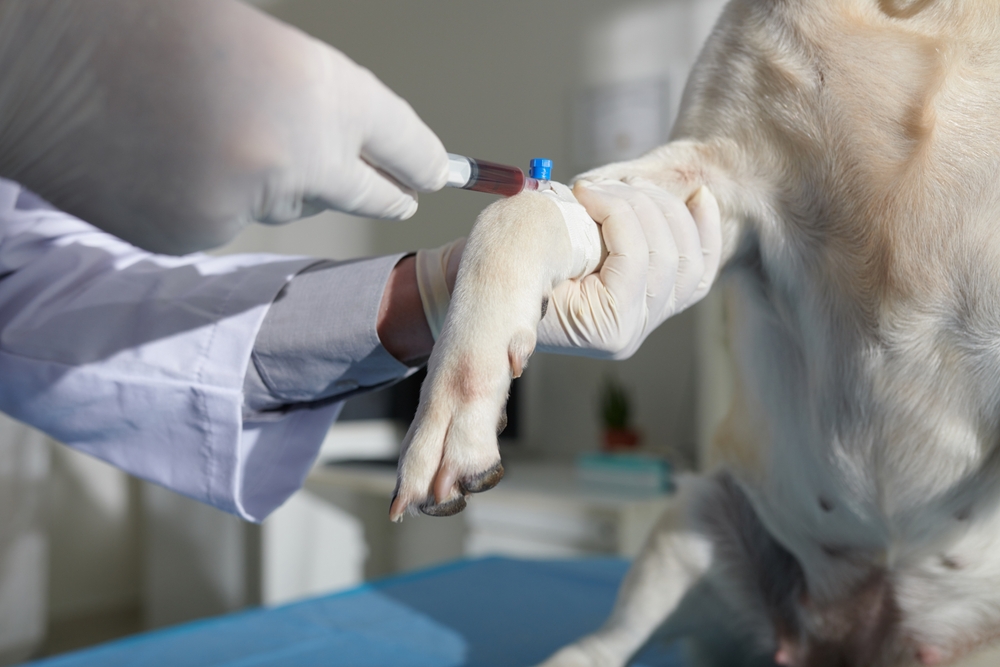
Seeking veterinary care as soon as your pet’s habits change can help reduce the chances of complications from an undiagnosed, untreated underlying disease process, or pain or stress source. Hepatic lipidosis, a particularly severe feline complication, can quickly become life-threatening if your cat stops eating for several days in a row. Our team can run blood, urine, and imaging tests to diagnose the problem and implement prompt disease-specific treatment.
Many causes for pets’ eating or drinking habit changes are treatable medical or behavioral conditions. To prevent the underlying problem from worsening and complications from developing, your pet needs veterinary care. If your pet furry pal exhibits hunger or thirst changes at home, schedule a visit with our Village Veterinary Hospital team, so we can diagnose and treat the problem and preserve their long-term health. For acute GI distress or other emergencies after hours, contact your nearest veterinary urgent care or emergency facility.



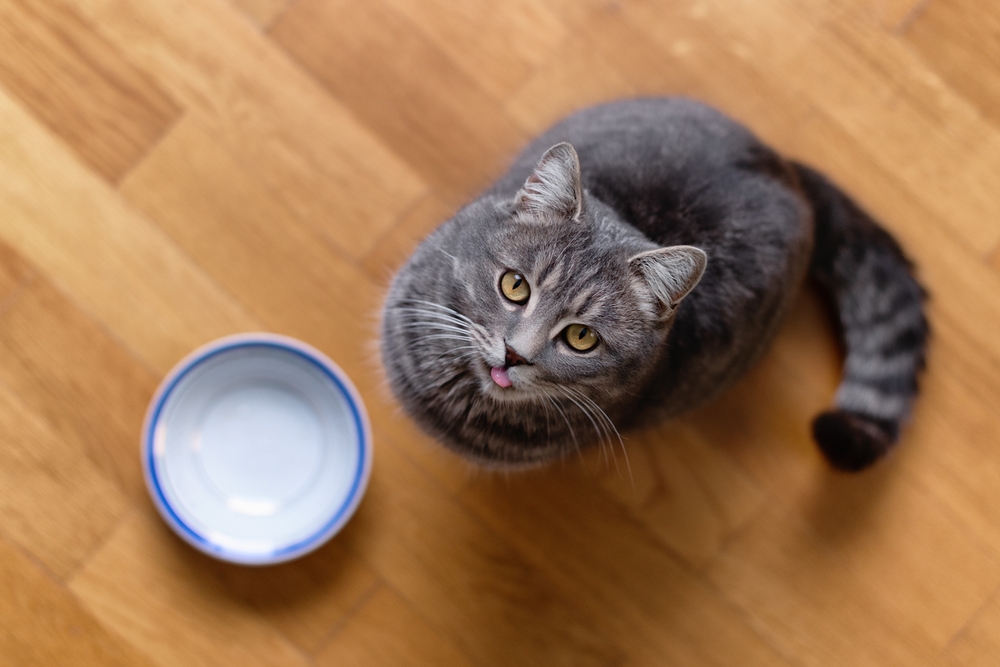
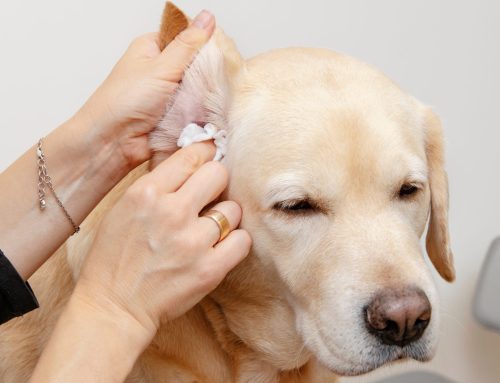
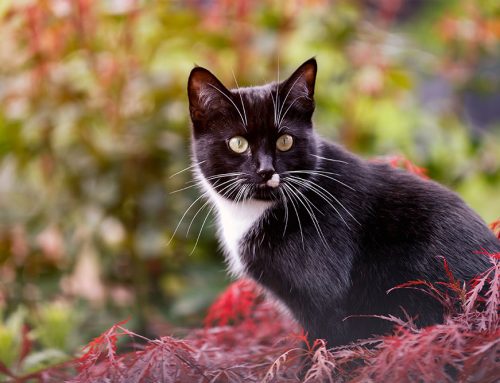

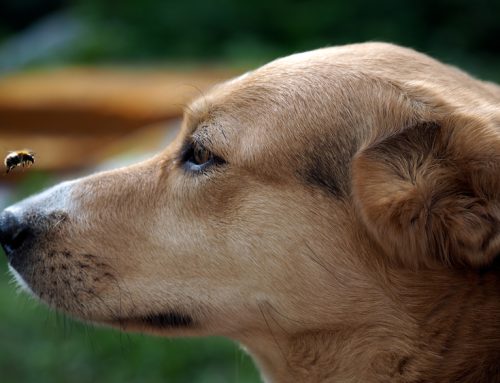











Leave A Comment